TELL THE DEA RESCHEDULING IS NOT ENOUGH
The Biden Administration’s Drug Enforcement Administration (DEA) has just proposed that marijuana be rescheduled from Schedule I to Schedule III under the Controlled Substances Act.
Under this new classification, most marijuana activity will remain criminalized under federal law regardless of state-laws authorizing medical and/or adult use programs.
In order to end marijuana criminalization and its harms, marijuana must be removed entirely from the CSA, or descheduled.
Before making a final decision regarding marijuana rescheduling, the DEA is soliciting feedback from the public through a public comment period.
The public comment period will only last 62 days and end on July 22, 2024 at 11:59 pm ET.
This is a rare and important opportunity for members of the public, especially individuals and communities most impacted by federal marijuana criminalization, to have their voices heard and to show support for federal marijuana policy reforms beyond rescheduling.
By participating in the public comment process, you can educate federal leaders on the continuing harms of criminalization and the need for broader reforms.
Without additional action – patients, consumers, individuals with past criminal records and everyday Americans impacted by federal marijuana criminalization will be left behind.
United for Marijuana Decriminalization has created an easy to use tool to help members of the public submit a comment to the DEA.
To help support federal marijuana reform during the 60 day public comment period:
1. Submit a Public Comment Today!
Support Decriminalization. In your comment, be sure to express support for decriminalization and other reforms beyond rescheduling.
Amplify Voices of Underserved Communities. Communities most impacted by federal criminalization deserve a seat at the table as federal marijuana policies are being reevaluated.
Demand Public Policy That Reflects Public Opinion. Numerous polls show that a majority of Americans support marijuana legalization and decriminalization. This public comment period allows us to push for policies that align with public sentiment.
2. Spread The Word
Encourage friends, family, and your community to submit comments. Use social media, community meetings, and other platforms to raise awareness about the importance of this public comment period.
3. Stay Informed
Continue to follow United for Marijuana Decriminalization for the lastest news and information about federal marijuana rescheduling and how you can stay involved in the movement for decriminalization and equity.
WHO WE ARE
United for Decriminalization (UMD) is a coalition of leading drug policy and cannabis industry advocacy organizations concerned that rescheduling will not achieve President Biden’s stated goal of decriminalizing marijuana and ensuring to no person is arrested for possession of cannabis in the United States.

PRESIDENT BIDEN NEEDS TO KEEP HIS PROMISE
Voters took him at his word during his 2020 campaign when he said that he believed that “nobody should be in jail for smoking marijuana”
RESCHEDULING IS NOT A POLICY SOLUTION
President Biden rightly called marijuana criminalization a failure. However, rescheduling marijuana would continue this failure. As long as it remains under the CSA, people could be threatened by federal criminal penalties.
What Is The Controlled Substances Act and Why Must Marijuana Be Removed From It?
The CSA regulates certain drugs under existing federal law into one of five schedules. As a result of its placement in any schedule of the CSA, marijuana is criminalized. Currently, marijuana is a “Schedule 1” drug. This means that the U.S. government has labeled marijuana as a drug with a high abuse risk. They claim it has no safe, accepted medical use. We know from research and anecdotal experience that people find many benefits to using marijuana.
Moving marijuana to a less harsh schedule, such as Schedule III, under the CSA would officially acknowledge the medical benefits of marijuana. However, medical and adult use in legal states would still be illegal under federal law. There would still be penalties for personal use and selling marijuana with or without a license. This includes mandatory minimum sentences. Noncitizens could still be deported simply for working in the marijuana industry, even in legal states. People could still be denied assistance for housing and food if they have a previous conviction
WHAT CAN STILL BE DONE?
FEDERAL DECRIMINALIZATION ROADMAP
“If the DEA decides to reschedule, President Biden and his administration must adopt the following 3-point plan immediately:

President Biden campaigned on decriminalizing marijuana, yet the racialized criminalization persists.
According to data from the ACLU, Black people are 3.64 times more likely than white people to be arrested for marijuana possession, notwithstanding comparable usage rates. In 2020, over 350,000 Americans were arrested for marijuana, with the overwhelming majority being for possession alone.
Rescheduling Alone Continues the War on Drugs
1
Rescheduling marijuana alone will not release anyone currently incarcerated for a marijuana conviction or expunge any marijuana-related records. Nor would it address the immigration-related consequences which are a leading cause of deportation of immigrants from the US or restore eligibility for public benefits such as housing and food assistance.
2
Rescheduling alone will not federally legalize the existing medical and adult-use regulatory programs which currently exist in 38 states or state-legal cannabis industry businesses which currently employ over 400,000 workers.
3
If marijuana is only rescheduled with no further guidance, virtually all medical and non-medical use of marijuana currently legal under state law will remain a criminal offense. Although existing cannabis companies would no longer be penalized from a federal tax perspective, all cannabis products including all cannabis plant products, edibles, and topicals, will remain illegal unless individually approved by the FDA.


















